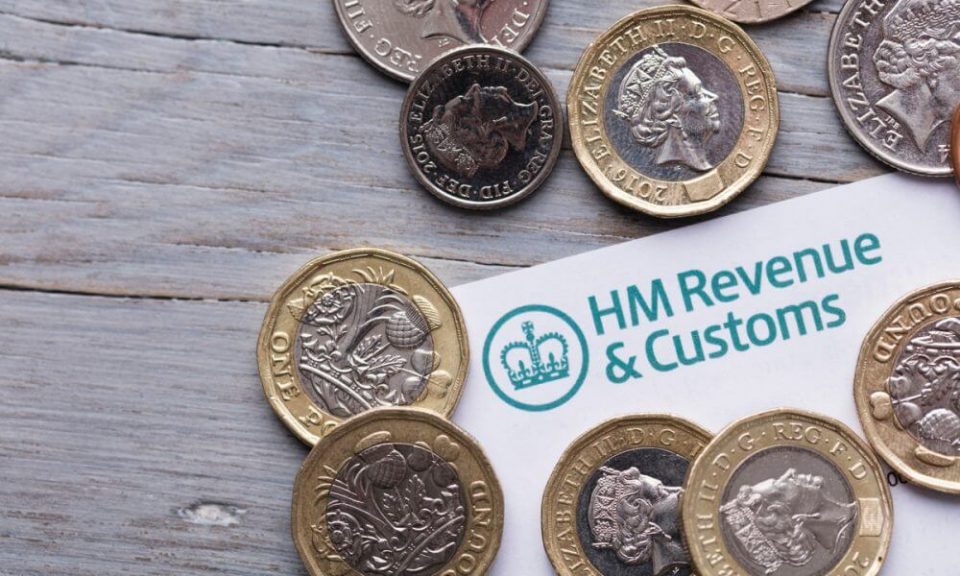Table of Contents
HMRC’s Latest Rules on Cryptocurrency: What Landlords Need to Know
Cryptocurrency has been a hot topic for quite some time now. It is a form of digital currency that can be used as a ripple-effect currency, commodity, or stock. Any government or central bank does not control transactions, and therefore, the price of cryptocurrency is highly volatile.
Landlords need to know about HMRC’s latest rules as they have announced that landlords will be liable for income tax on cryptocurrency profits made from renting out their property.
HMRC has clarified the difference between mining and trading cryptocurrency to protect landlords from making the wrong calculations. This article will explain HMRC’s latest rules on cryptocurrency and what they mean for you.
HMRC’s latest rules on cryptocurrency
HMRC’s latest rules on cryptocurrency for landlords are liable for income tax on cryptocurrency profits made from renting out their property. Mining cryptocurrency means creating new coins by solving mathematical problems with your computer. For example, a landlord may rent out their property with an agreement to pay all of the utilities, except electricity. Suppose they decide to mine as an additional form of generating rental income. In that case, they can declare rental profits minus the cost of electricity used through mining – as this would be classified as a hobby expense. Trading refers to exchanging one type of cryptocurrency for another, and HMRC does not deem trading to be a taxable activity because there is no profit generated.
HMRC has clarified these regulations so that landlords can make the correct calculations for paying taxes.
What Landlords Need to Know
HMRC has announced that landlords will be liable for income tax on cryptocurrency profits made from renting their property.
HMRC clarified the difference between mining and trading cryptocurrency to protect landlords from making the wrong calculations. They define mining as “acquiring coins by solving complicated mathematical problems” and trading as “buying and selling coins quickly on an online exchange, without generating new coins.” HMRC has also advised that any income generated by trading will be considered a form of self-employment income and can therefore be taxed at up to 43%.
Landlords who have received rent payments in cryptocurrencies must know how this will affect them to calculate their taxes correctly. For example, if a landlord gets £500 worth of Bitcoin per month in rent payments, they must declare this under their rental activity as ‘income other than earnings and pensions.’ Although it is still not clear whether HMRC will start taxing landlords for just the Bitcoin or both Bitcoin and other cryptocurrencies, such as Ethereum, you must declare all crypto-rental incomes correctly.
Conclusion
HMRC has clarified that it considers cryptocurrency an asset rather than a currency. This means that when you trade or mine cryptocurrency, it may be liable to capital gains tax. If you are a landlord who has received cryptocurrency as rent and exchanged or mined it, HMRC advises that you keep detailed records of what you have done to ensure you pay the correct amount of tax.
